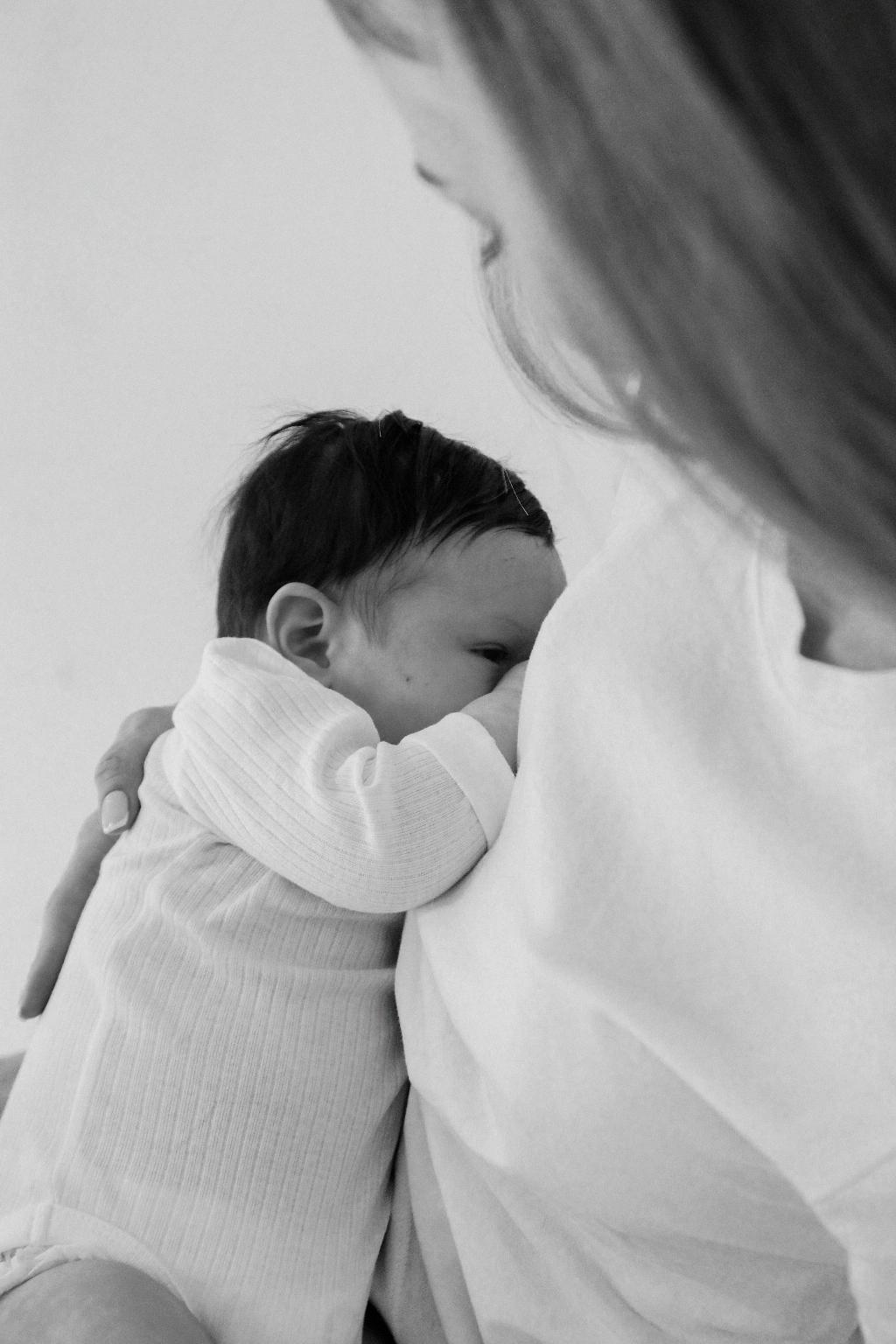If you’ve been considering a breast reduction surgery after breastfeeding, it’s important to understand the timing involved in undergoing such a procedure. One of the key considerations that most surgeons adhere to is ensuring that you have completely stopped breastfeeding and producing milk for a certain period before proceeding with the surgery.
After the beautiful journey of breastfeeding, your body needs time to recover and adjust. Most surgeons recommend waiting at least 3-6 months after you have stopped nursing before scheduling a breast reduction procedure. This waiting period allows your hormones to stabilize and your breasts to return to a stable size and firmness.
During the breastfeeding period, your breasts undergo significant changes in size, shape, and sensitivity. By waiting for a few months after you have finished nursing, your surgeon can accurately assess the current state of your breasts and provide you with the best possible outcome from a breast reduction surgery.
It is essential to allow your body to go through the natural process of losing excess milk production and for your breasts to return to their pre-pregnancy state. Engaging in physical activities and wearing supportive bras can also help in the process of breast recovery post-breastfeeding.
Before undergoing a breast reduction procedure, it’s crucial to have a consultation with a board-certified plastic surgeon. During this initial meeting, you can discuss your breastfeeding history, your goals for surgery, and any concerns you may have regarding timing and recovery.
The consultation with your surgeon will also involve a physical examination of your breasts to determine if you are a suitable candidate for a breast reduction at that point in time. The surgeon will consider factors such as skin elasticity, breast size, and overall breast health before recommending the ideal timing for the surgery.
Being patient and allowing your body to heal and readjust post-breastfeeding is key to a successful breast reduction surgery. Rushing into the procedure without giving your breasts sufficient time to recover can affect the final results and increase the risk of complications during and after the surgery.
It’s natural to be eager to regain your pre-pregnancy body shape after breastfeeding, but patience is essential in this process. Your surgeon will work with you to create a personalized timeline for the breast reduction surgery that takes into account your unique needs and ensures the best possible outcome.
If you have any concerns or questions about the timing of a breast reduction after breastfeeding, don’t hesitate to discuss them openly with your surgeon. Clear communication and mutual understanding will help in addressing any uncertainties and ensuring that you are well-prepared for the surgery both physically and emotionally.
Remember that every individual’s body responds differently to the changes brought about by breastfeeding and the subsequent weaning process. It’s crucial to listen to your body and follow your surgeon’s recommendations regarding the ideal timing for a breast reduction to achieve the desired results safely and effectively.
In conclusion, waiting for at least 3-6 months after breastfeeding before considering a breast reduction surgery is a common practice among surgeons. This period allows your body to recover, your breasts to stabilize, and your surgeon to plan the procedure effectively for the best possible outcome. Patience and open communication with your surgeon are key in ensuring a successful and satisfying breast reduction experience post-breastfeeding.

